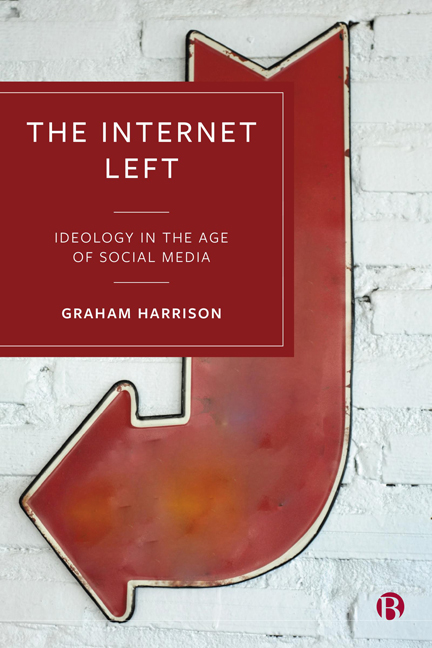Book contents
4 - Proto-Ideologies
Published online by Cambridge University Press: 03 April 2024
Summary
The mass media, social movements and networks, and popular political language have disseminated new vehicles and forms of ideology, and the notion of a ‘post-ideological’ age is itself a masking device. Ideologies mutate regularly, their boundaries are porous, and ideological delocalization is countered by cultural decentralization. Yet the fragility of particular ideological arrangements must not be confused with ideological fragility in general.
This chapter will make a selective excursion through the literature on political ideologies. It does so in order to set out an analytical framework for the case study chapters that follow. In Chapter 2, we made a case that PSM has enabled the development of a rich body of political ideas and debates. What we need to do here is make some clearly delineated steps to treat these ideas and debates analytically. We are not simply arguing that people still debate politics or that the internet is a vibrant and exciting place. Rather, what we are aiming to do is treat bundles of ideas as more substantive than simply a set of texts, signifiers, or discourses. In other words, there has been a qualitative development in politics as a result not only of growing content provision on social media but also that PSM has in turn nurtured these bundles of ideas. PSM has served as a seedbed for the cultivation of sustained and concerted ideological innovation.
Making this argument requires two things: in the first place, an identification of evidence; secondly, a procedure through which the traffic of social media is extrapolated from its immediate environs and analysed. The commonest way of analysing a body of concepts and ideas is to treat them as an ideology. We shall see how this term is both very frequently used but also treated with no small amount of license. Nevertheless, the term offers the best starting point both to identify how concepts, arguments, and terminologies articulate and also to set out a clear way of assessing their properties. Thinking about ideologies nudges us away from the intellectual culture of social media within which ideas are generated.
Information
- Type
- Chapter
- Information
- The Internet LeftIdeology in the Age of Social Media, pp. 58 - 76Publisher: Bristol University PressPrint publication year: 2023
